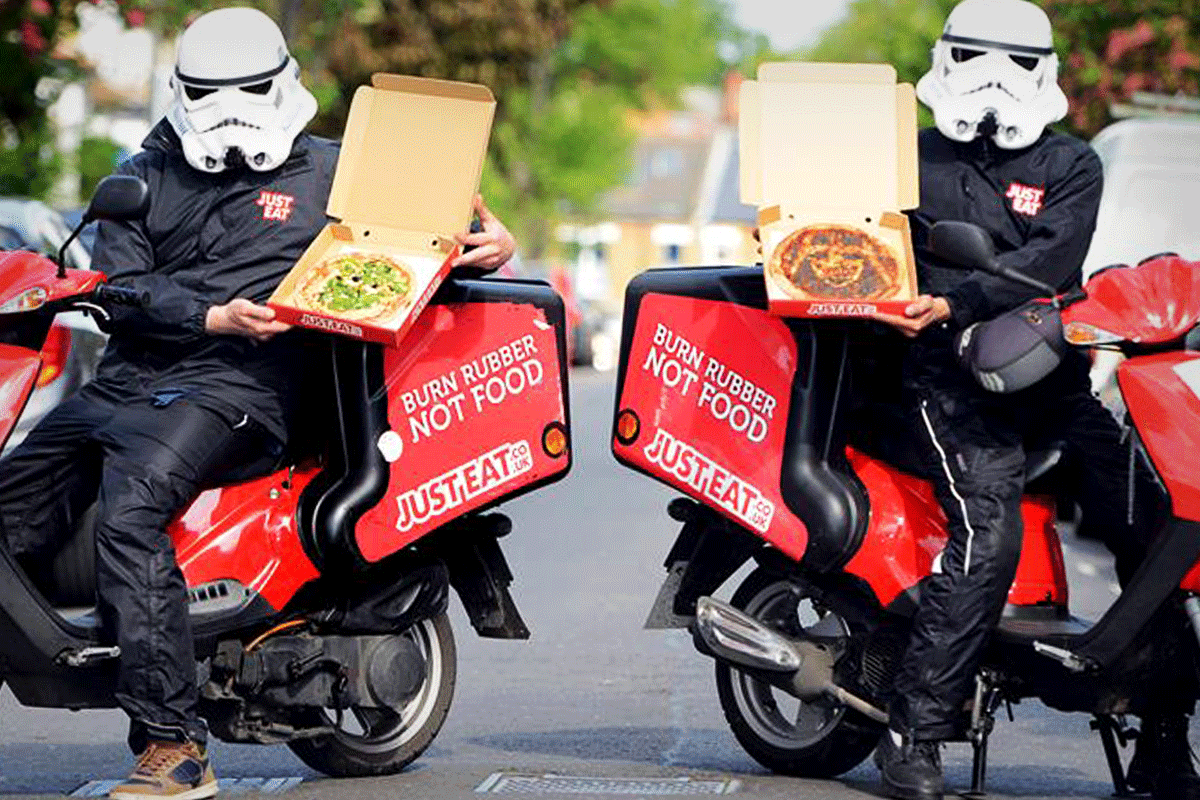
With the rise of artificial intelligence and the metaverse, is it really a surprise that your next pizza delivery comes from a restaurant that doesn’t physically exist?
Don't Miss: Roku, DoorDash Pair Up to Deliver Food to You In a New Way
Welcome to the “ghost kitchen”, where you can make a reservation of sorts, but can never enter the building to belly up to the bar or find a nice table by the window.
In a word, ghost kitchens (also known as cloud kitchens) are food preparation spaces that cater to food and drink delivery consumers. The virtual restaurant concept jelled during the 2020-2021 lockdowns when hundreds of thousands of U.S. restaurants were physically closed, but with many eateries allowed to open for deliveries.
The ghost kitchen market is expected to grow to $71.4 billion by 2027, according to Hospitality Tech.
"Ghost kitchens offer foodservice operators an efficient, proven, and cost-effective way to improve kitchen profitability and overall supply-chain utilization without the burden of additional overhead and front-of-house operations typically associated with launching a new restaurant," said André Moraes, senior director of marketing at PepsiCo Foodservice, which recently launched its own ghost kitchen concept.
Ghost kitchens physically do exist on the food-making and delivery side of the restaurant business.
“There’s no signage, no seating, no cute walk-up window,” said Jean Chick, a senior consultant specializing in food and beverage at consulting firm Deloitte, in comments to NBC News.
Instead, cloud kitchens emphasize consumer delivery and pick-up services, often preparing meals in food trucks and warehouses.
An Uber Eats survey shows ghost kitchens are pervasive in 2023, with over 20% of New York City food delivery businesses counted as “virtual”, NBC reported.
With restaurant profit margins hovering around the 5% level, expect more hard-hit eateries and self-made chefs to go the ghost kitchen route.
Major food delivery brands like Uber Eats and Door Dash are taking steps to hold ghost kitchens accountable for their products, services, and cleanliness. But there’s a long way to go in what is now a mostly unregulated market.
“The space has been a wild Wild West,” noted Uber Eats executive John Mullenholz in an NBC News interview. Right now, we’re pivoting “from quantity to quality” with ghost kitchen providers, he added.







